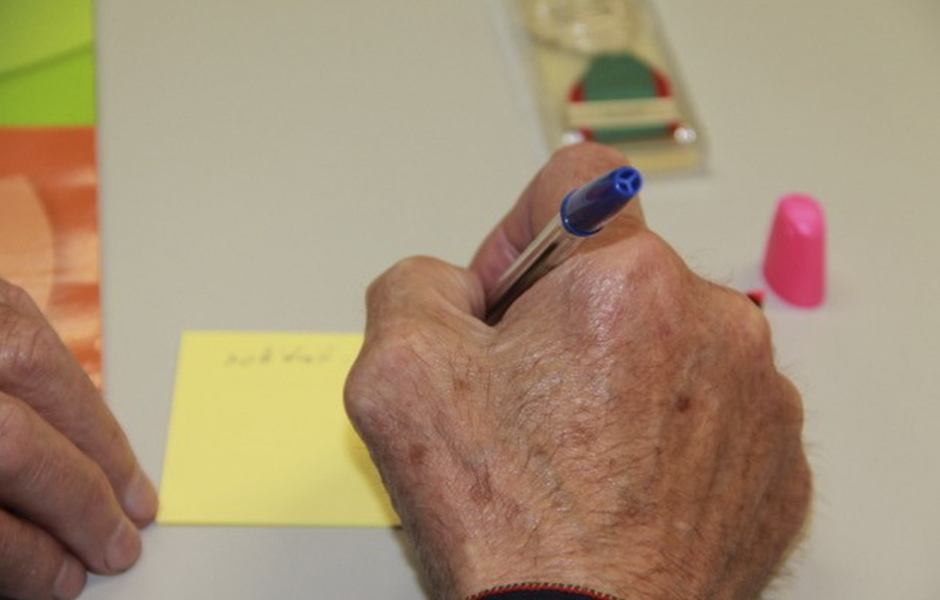The CINTESIS/University of Aveiro team has already started the first co-creation session with a group of “Experts by Experience”, in the scope of the European project MOAI LABS, which aims at developing digital solutions to respond to the challenges associated with loneliness and isolation in older adults.
According to the project researchers, “this is a group of eight people aged 60 or older who feel lonely or live isolated and who, over a few months, will share their perspective on these phenomena and guide the design of digital solutions that can help respond to the challenges they experience”.
The first session aimed to “share perspectives on what loneliness means (and how it is experienced/feel), explore the different factors that can contribute to a person feeling lonely and deepen their experiences of different types of loneliness”.
The following sessions will “explore needs, challenges and solutions, using codesign tools”. In the last sessions, “prototyping of identified technological innovations” is planned.
The sessions of the Portuguese Living Lab are taking place at the Higher Institute of Social Service of Porto (ISSSP), one of the partners of the Portuguese team, and will continue until January 2022. In addition to this Portuguese Living Lab, the project has two other Living Labs in Spain and two in France.
The aim is to “establish the first transnational European laboratory dedicated to research, development, and innovation to address loneliness and social isolation of older adults, using the potential of collective intelligence to design and create innovative solutions with a high social impact.”
The project involves partners from Spain (Fundación INTRAS, Gerencia de Servicios Sociales de Castilla y León, FUNGE Formación y Empleo, LEITAT and Ticbiomed), France (Institut des Métiers de la Longévité and Mutualité Française Limousine) and Portugal (CINTESIS/University of Aveiro and INOV INESC Inovação), with CINTESIS.UA as direct collaborators with CASO50+, the Higher Institute of Social Service of Porto (ISSSP), Porto4Ageing and the Institute of Biomedical Sciences Abel Salazar of the University of Porto.

